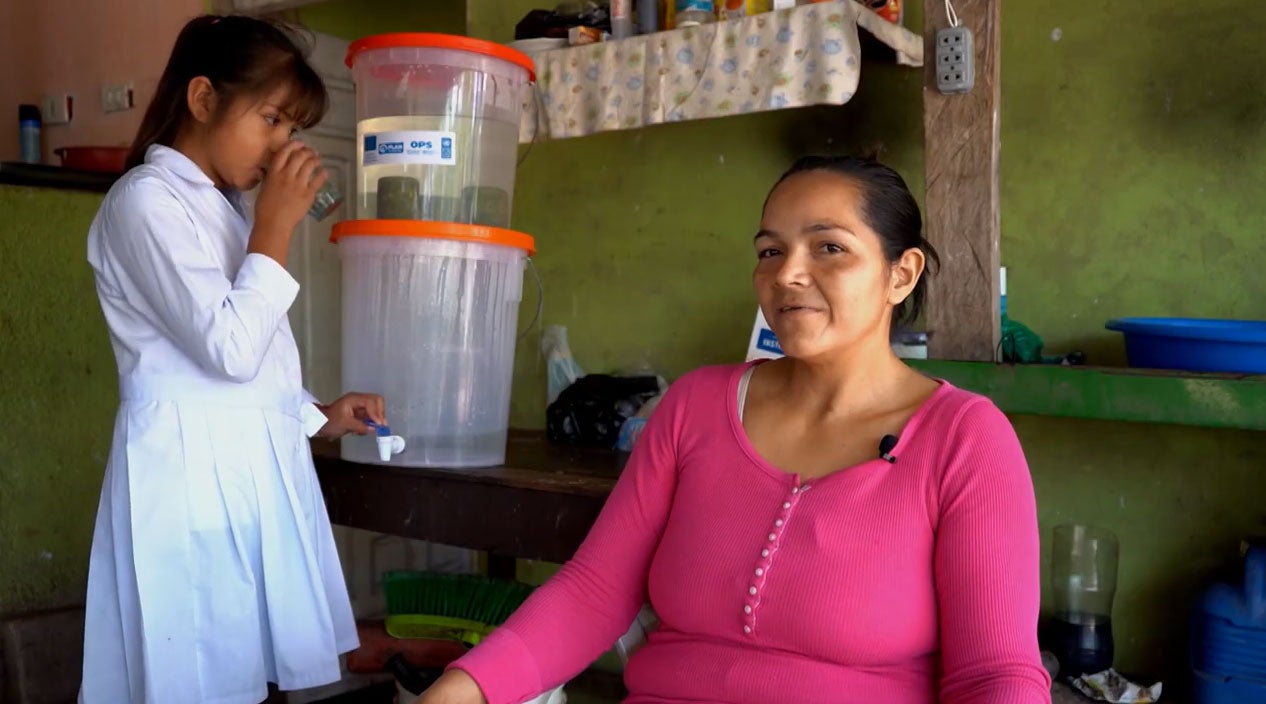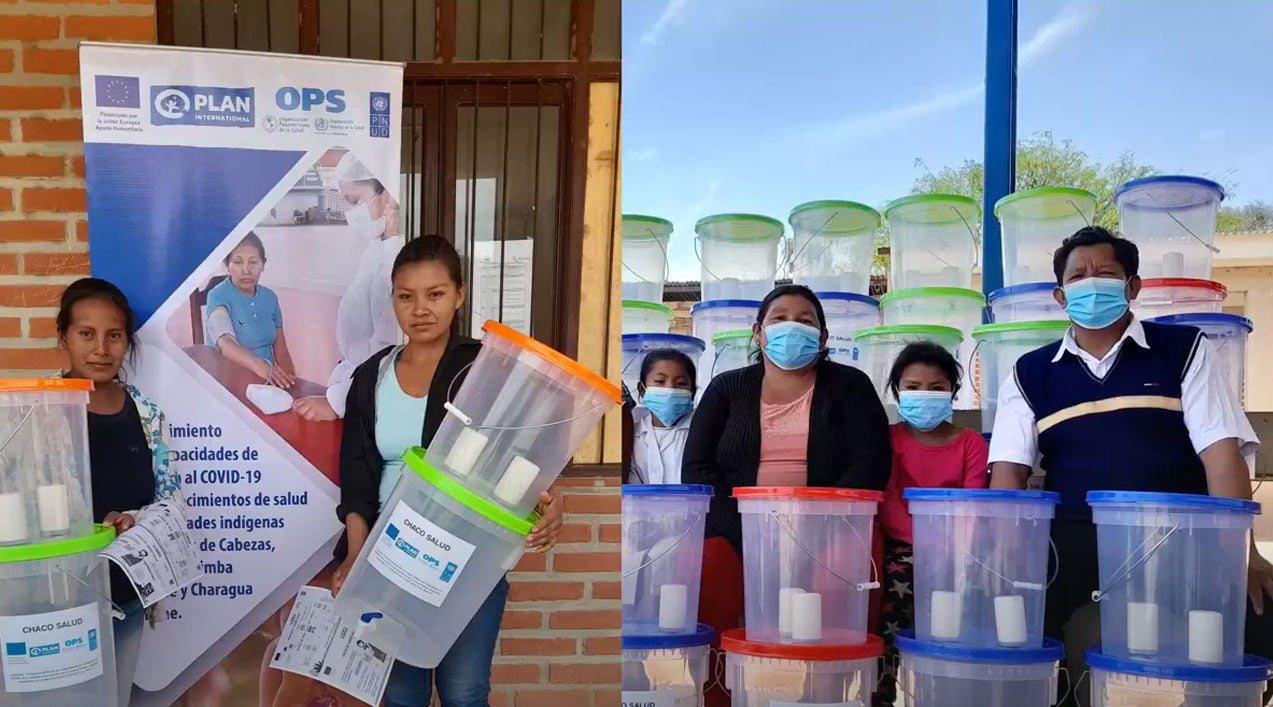Promoting Health in Vulnerable Indigenous Communities in the Chaco Region
Plan International and PAHO Work Together to Improve Health Emergency Response Capacity
Plan International is a non-governmental, humanitarian, and development organization that promotes children’s rights and girls’ equality. This international organization was founded in 1937 as a foster parents plan for children in Spain whose lives had been upended by the Spanish Civil War.
With over 85 years’ experience working with children, young people, and their communities, Plan International operates in more than 80 countries around the world and has offices in 12 countries in Latin America and the Caribbean. Its programs in the Region encompass five lines of action: social participation and mobilization of civil society, integration of minorities, promotion of gender equality, formation of support centers, and building the capacities of public institutions.
Plan International has been working in Bolivia for over 50 years, with a presence in some 700 communities in La Paz, Santa Cruz, Sucre, and Tarija. It collaborates with the Pan American Health Organization (PAHO) in Bolivia to ensure access to safe water in health facilities and to strengthen local response capacity as regards risk management and emergencies, benefitting the Guarani indigenous communities of the Santa Cruz Chaco.
Strengthening health facilities and access to safe water for the Guarani indigenous communities in the Santa Cruz Chaco
Plan International and PAHO Bolivia began cooperating in 2021 in the context of COVID-19, to execute a project to strengthen pandemic response capacity in health facilities and vulnerable indigenous communities in the Santa Cruz Chaco. The project was financed by the European Union’s Directorate-General for European Civil Protection and Humanitarian Aid Operations (DG-ECHO).
The project was implemented jointly until March 2023 and increased access to safe water in 17 health facilities. With PAHO’s technical support, hospital waste management and infection prevention and control were also strengthened.
The collaboration directly benefited the Guarani indigenous communities of the Santa Cruz Chaco, a population that is considered vulnerable mainly because of its dispersed way of life that limits access to basic services, and to the drought-prone nature of this region, which adversely impacts the economy of Guarani families. The project covered 65 communities in the area of influence of 20 health facilities in the municipalities of Camiri, Cabezas, and the autonomous indigenous communities of Charagua Iyambae and Kereimba Iyambae, with a population of around 59,000 inhabitants.
Plan International was able to build consensus among local actors, municipal authorities, and the organized community for the prioritization of health facilities, the location of the works, and other details, ensuring that the water system rehabilitation and construction process had buy-in and collaboration from all actors and beneficiaries.
Thanks to the shared mission of Plan International and PAHO to reach the most vulnerable populations and the significant presence of this organization and its recognition by community actors, new opportunities have been created for collaboration focused not only on building institutional capacity in the face of health risks and threats, but also on preparing the community to prioritize the most vulnerable sectors.
Due to its track record and recognition by communities in the Chaco region, and its strong capacity for negotiation and work with grassroots organizations, Plan International is a strategic partner for PAHO in Bolivia for risk management and health emergency preparedness with health and community actors. It also has experience and technical expertise on promoting the rights of children and adolescents and addressing their needs.


